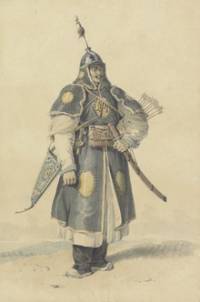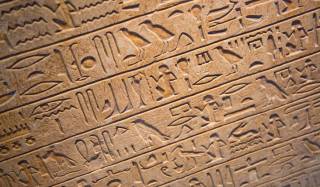Overview
Introduction - Start Here!
Style and Tone
When and Where
Glossary
News
1 | 2 | 3 | 4 | 5 | 6 | 7 | 8
Vig-Net Series
1 | 2 | 3 | 4 | 5 | 6 | 7 | 8
Results
1 | 2 | 3 | 4 | 5 | 6 | 7
Introduction - Start Here!
Style and Tone
When and Where
Glossary
News
1 | 2 | 3 | 4 | 5 | 6 | 7 | 8
Vig-Net Series
1 | 2 | 3 | 4 | 5 | 6 | 7 | 8
Results
1 | 2 | 3 | 4 | 5 | 6 | 7
“And it was then I saw that our choices were not our own; that like a great valley the future stretches out before us and we can walk but a little from the path the weight of ages has carved.”
Jo.
The Ideal of History consists of the aspects of Nostalgia and Progress. It deals with themes of past and future - what is keenly awaited, what is wistfully remembered and what is fearfully dreaded. Such Muses appreciate nuanced development and refinement, as well as absurd futurity; supercharged beyond all sensibility.
Muses of History have power over themes of coziness and novelty, the promise of a better world and established custom. They believe that the course of the Narrative is governed by characters' perceptions of the past and future. Hence, when a Muse of History wants to use their Skills to manipulate the Narrative of a Vignette, they must act to change those perceptions.

The Strife Skill governs uses of powers to attack others. With History, a Muse could undermine their foes' confidence in their traditions and command structures, or blind them with dazzling flashes of exotic energies.
Some examples of applications at different power levels are:

The Subvert Skill governs stealth, duplicity, and forgery. With History, a Muse could manipulate people's allegiance to old symbols, supplanting their own, or hack their way past outdated defenses with ease.
Some examples of applications at different power levels are:

The Seek Skill governs uses of powers to gather information. With History, a Muse could ferret out useful bits of folklore and old stories about a place, or predict how a story is likely to go without outside intervention.
Some examples of applications at different power levels are:

The Sculpt Skill governs uses of powers to modify objects. With History, a Muse could borrow designs from the past or future, or change the perception of an item to be advanced or primitive than it truly is.
Some examples of applications at different power levels are: